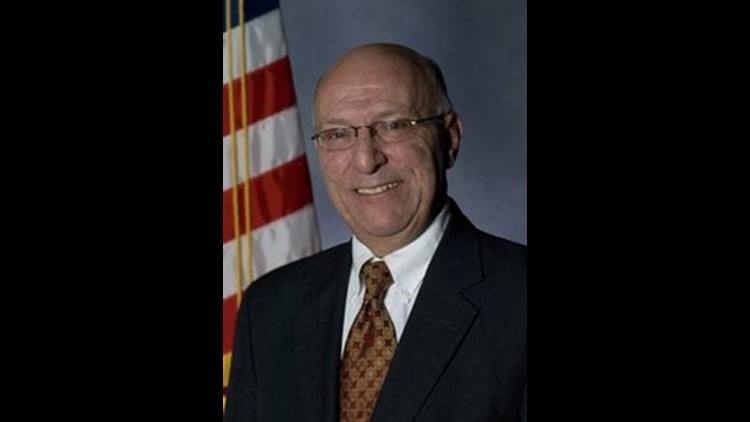HARRISBURG, Feb. 13 – State Rep. Thomas Caltagirone, D-Berks, introduced a legislative package to bring the fight against pediatric cancer to the foreground in Pennsylvania.
Caltagirone said that he will build from the momentum gained last session when the House unanimously passed the first part of the package, a bill that would establish a check-off box on Pennsylvania’s state income tax form where a taxpayer could voluntarily contribute no less than $5 for pediatric cancer research within the commonwealth.
This session, that bill is H.B. 46. The other bills in the package are:
• H.B. 404, which would establish a Pediatric Cancer Research registration license plate that would be made available through the state Department of Transportation;
• H.B. 407, which would allow Pennsylvanians to donate to pediatric cancer research on their vehicle registrations and driver’s license renewals; and
• H.B. 408, which would establish tax credits for businesses that are researching and pursuing a cure for pediatric cancers.
The bills to establish avenues for donations would go toward Pennsylvania leaders in the fight against childhood cancers, including: The Children’s Hospital of Philadelphia Cancer Center; Penn State Hershey Pediatric Hematology/Oncology; Abramson Cancer Center, the University of Pennsylvania; and the Children’s Hospital of Pittsburgh of UPMC.
House Bill 408 would allocate $10 million in tax credits per year over the next 10 years to Pennsylvania businesses, similar to the existing Educational Improvement Tax Credit program that offers tax credits to businesses that contribute to scholarship organizations.
“This package is about giving Pennsylvania taxpayers and businesses more ways to join the efforts in finding a cure for pediatric cancers,” Caltagirone said. “Pennsylvania institutes are doing what they can with every dollar they have. We have the opportunity to do more, and we should. I think we have a moral obligation to take care of children first.
“It’s heartbreaking to see these children suffer, and if enough of my colleagues make the right choice, we will be well on our way to preventing more suffering and further tragedies.”
Pediatric cancer is the leading cause of death by disease among U.S. children between 1 and 14, and the average age of death for a child with cancer is 8. Additionally, it is estimated that seven children die each day from cancer nationwide.
SOURCE: House Democratic Communications Office



